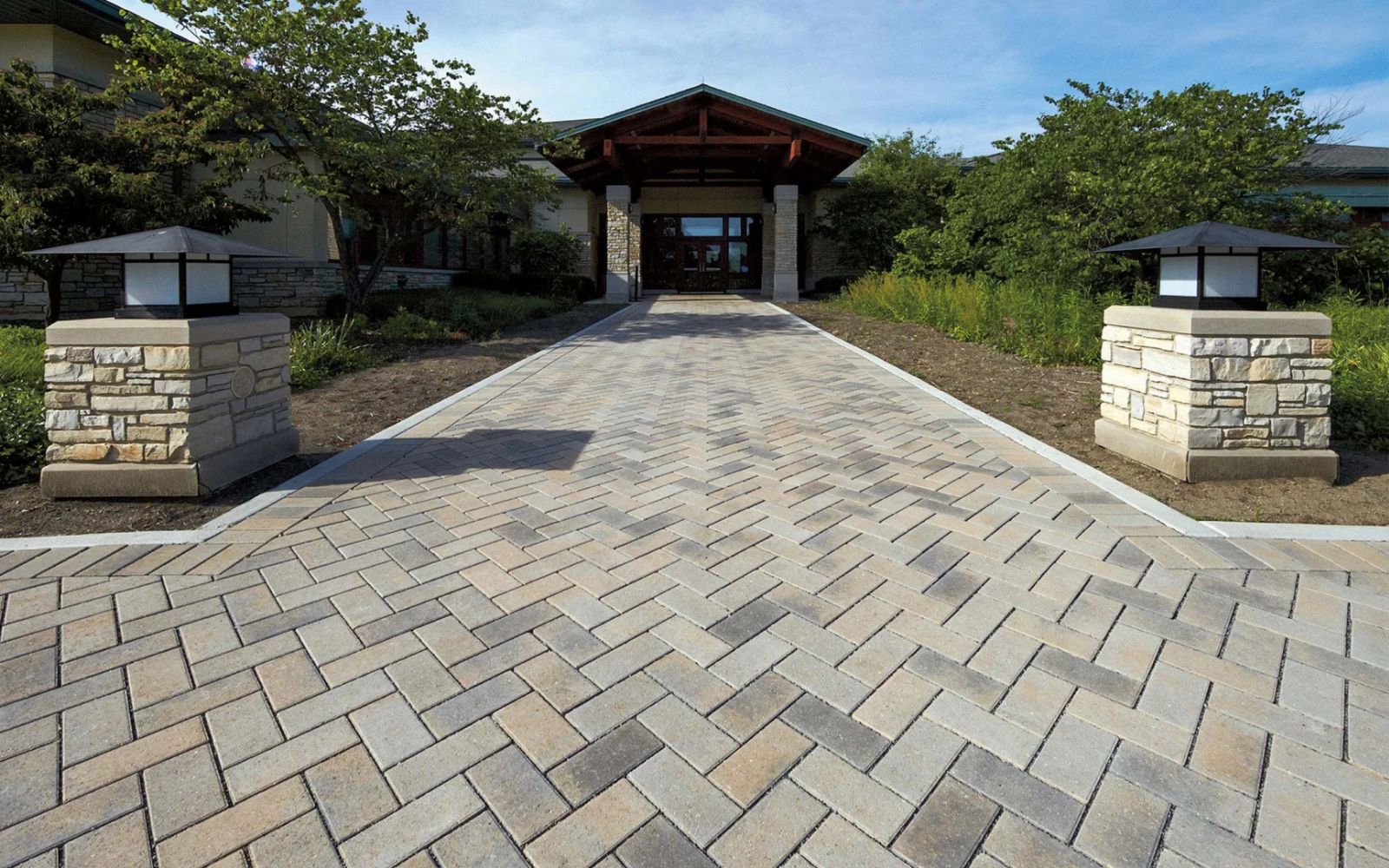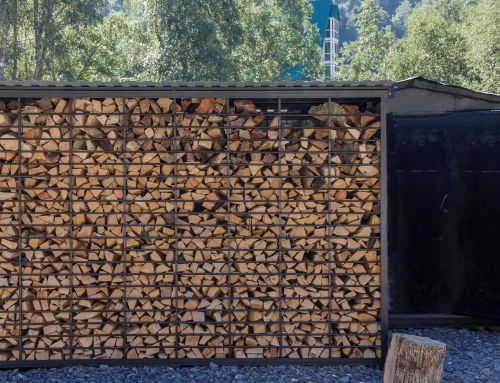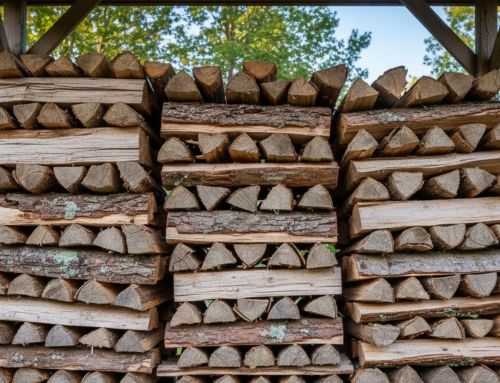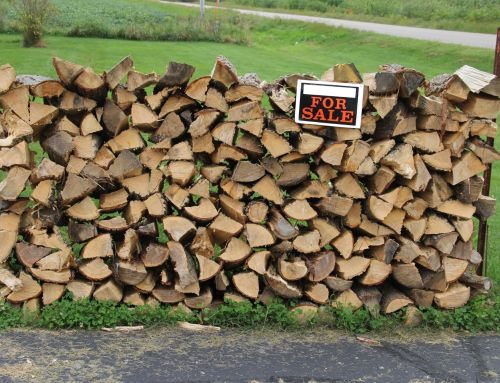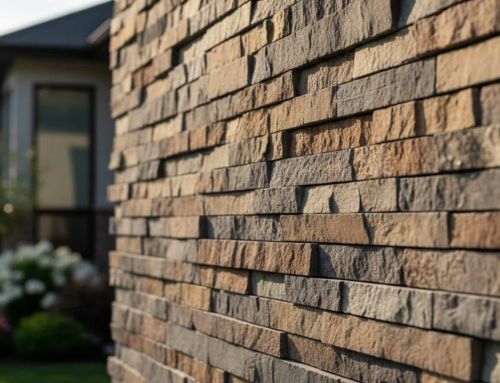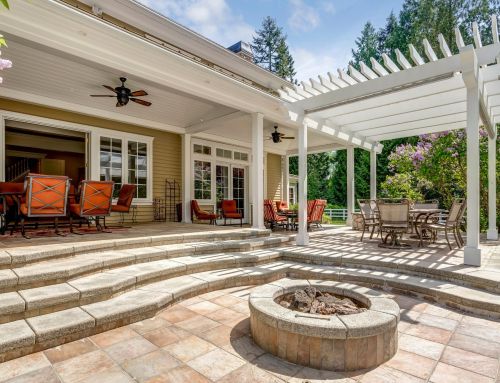Permeable Pavers: The Complete Guide to Eco-Friendly Drainage Solutions
Stormwater runoff is a growing problem, especially in areas covered by hard surfaces like driveways and patios. Traditional concrete may look clean and sturdy, but it often contributes to clogged storm drains, flooding, and environmental damage.
Permeable pavers offer a smarter, eco-friendly alternative. These innovative surfaces let rainwater soak through instead of running off, helping recharge groundwater and reduce strain on local drainage systems. In this guide, we’ll explore how permeable pavers work, their benefits, and why they’re a practical solution for modern outdoor spaces.
What are Permeable Pavers?
Permeable pavers are more than just a stylish hardscaping option. They are engineered solutions for sustainable water management. Unlike traditional surfaces that shed water, permeable concrete pavers feature wider joints and specialized spacing that allow water to filter through, reducing runoff and helping recharge the ground below.
Permeable interlocking concrete pavements (PICP) enhance this system by using layers of varying-sized stone and aggregate beneath the surface. These layers create a built-in drainage network that captures, filters, and slowly releases rainwater into the ground. Spacer bars and stone-filled joints support structural strength while allowing efficient water flow, turning driveways, patios, and walkways into natural filtration systems.
How Permeable Pavers Work
Permeable paver systems manage stormwater effectively while providing a durable surface for high-traffic areas like driveways, patios, and walkways. Here’s how they function from the top down:
- Surface-Level Infiltration: When rain falls on permeable pavers, it quickly filters through the wider joints between each paver. Unlike traditional paving that sheds water, permeable surfaces allow every square foot to absorb moisture and reduce runoff.
- Engineered Aggregate Layers: Beneath the pavers is where the true water management begins. The existing soil is excavated and replaced with layers of clean, angular aggregate arranged by size:
- Bottom layer: Large aggregate (2–4 inches) for deep drainage and structural stability
- Upper layers: Smaller stone (½ to ¾ inch) that promotes filtration and prevents clogging
This layered system ensures smooth water flow and long-term efficiency.
- Role of the Aggregate: The aggregate underneath does more than support the pavers. It:
- Provides load-bearing strength for vehicles
- Creates voids that temporarily store stormwater
- Acts as a natural filter, removing debris and pollutants before water reaches underground aquifers
- Mimics Natural Drainage: The combination of surface infiltration and layered aggregate mimics how soil absorbs rainwater. This helps prevent flooding, eases pressure on municipal drains, and contributes to groundwater recharge, making permeable pavers a smart, sustainable choice.
Types of Permeable Pavers
The permeable paver market offers an impressive range of options to match both functional requirements and aesthetic preferences.
- Concrete Permeable Pavers: These are the most widely used in residential settings due to their durability and design flexibility. Available in classic rectangles, squares, and decorative styles like cobblestone or hexagon patterns.
- Grass Pavers: Designed with a lattice or grid structure, grass pavers support occasional vehicle traffic while allowing grass to grow through the gaps. They’re great for blending green space with functionality.
- Natural Stone Options: Permeable granite, limestone, or sandstone offer a premium look with rich textures and colors. These materials are ideal for upscale landscapes where aesthetics are a priority.
- Recycled Material Pavers: Made from recycled concrete, glass, or plastic, these eco-conscious options maintain strong performance. They may also qualify for environmental credits or local rebate programs.
Applications and Benefits
Residential Applications
- Driveways: Installing permeable pavers for driveways eliminates puddles and ice formation while reducing water runoff to neighboring properties. The system can handle regular vehicle traffic while preventing the driveway seepage that often occurs with traditional concrete.
- Patios: These areas benefit tremendously from permeable systems by eliminating standing water that can harbor mosquitoes and reducing slip hazards. Your outdoor spaces can be used sooner after storms.
- Pool Decks: Traditional pool decking often creates drainage challenges. Permeable systems eliminate these concerns while providing a slip-resistant surface texture that’s essential around water features.
- Walkways: Throughout residential properties, permeable walkways provide improved drainage and reduced maintenance compared to conventional paving.
Environmental Benefits
- Stormwater Management: Permeable paver systems significantly reduce stormwater runoff by allowing rainwater to infiltrate directly into the ground rather than overwhelming storm drains.
- Soil Erosion Prevention: By managing water runoff naturally, these systems help prevent soil erosion that often occurs when rainwater rushes off impervious surfaces.
- Groundwater Recharge: The filtered water slowly replenishes underground aquifers, supporting local water supplies and maintaining natural water cycles.
- Green Space Enhancement: Unlike traditional concrete or asphalt, permeable systems support surrounding vegetation by allowing air and water to reach plant roots.
Maintenance
Permeable paver systems are easy to maintain but need regular care to support effective stormwater drainage. Sweep debris often to keep joints clear, refill joints as needed to preserve water flow, and inspect annually for settling or damage. A professional cleaning every 3 to 5 years helps maintain infiltration performance, ensuring your system continues to manage stormwater efficiently for the long term.
Cost Considerations
Permeable pavers typically cost between $10 and $20 per square foot, depending on factors like materials, site prep, and labor. While the upfront cost is higher than traditional paving, the long-term financial benefits often outweigh the initial expense.
Homeowners may save through reduced stormwater fees, rebate programs, and lower maintenance costs. These systems can also boost property value and offer insurance advantages for improved flood resistance. Final costs depend on site conditions, material type, base depth, and local pricing.
Environmental Impact and Regulations
Many municipalities are implementing restrictions on impervious surfaces and offering incentives for permeable alternatives. These regulations recognize that traditional concrete and asphalt contribute to:
- Overwhelmed municipal drainage systems
- Increased flooding in urban areas
- Degraded water quality in local waterways
- Lost green space and habitat
Regulatory Benefits:
- Compliance with stormwater management requirements
- Potential LEED credits for green building projects
- Reduced impact fees in some jurisdictions
- Future-proofing against stricter environmental regulations
Conclusion
Permeable pavers offer a smart, sustainable solution to stormwater runoff and drainage issues. From their layered stone base to their stylish surface options, these systems combine durability, function, and environmental responsibility. Whether you’re looking to reduce flooding, meet local regulations, or enhance your outdoor space with eco-conscious materials, permeable pavers deliver long-term value for homeowners and communities alike.
Ready to upgrade your hardscaping with permeable pavers? At Old Station Outdoor and Landscape Supply in Norton, MA, we carry a wide selection of top-quality permeable solutions, including concrete, natural stone, and eco-friendly materials. Our experts are here to help you find the right fit for your project. Contact us today to explore your options and start building a smarter, greener outdoor space.
FAQs
What is a permeable paver?
A permeable paver is a specially designed paving stone with wider joints that allows rainwater to flow through the surface and into the ground below, rather than running off like traditional concrete or asphalt.
What are the disadvantages of permeable pavers?
The main disadvantages include higher upfront installation costs, regular maintenance requirements to prevent clogging, and potential performance issues in areas with heavy clay soils or extreme freeze-thaw cycles.
What is the purpose of permeable pavers?
The primary purpose is to manage stormwater runoff by allowing natural water infiltration, which reduces flooding and helps prevent soil erosion while providing a durable paved surface that recharges groundwater.
Do permeable pavers prevent soil erosion?
Yes, permeable pavers are highly effective systems that prevent soil erosion by managing water flow naturally rather than allowing it to rush off surfaces at high velocity. Unlike traditional concrete that creates concentrated runoff, permeable pavers allow rainwater to infiltrate gradually into the ground, protecting surrounding landscaping and slopes from washout.

